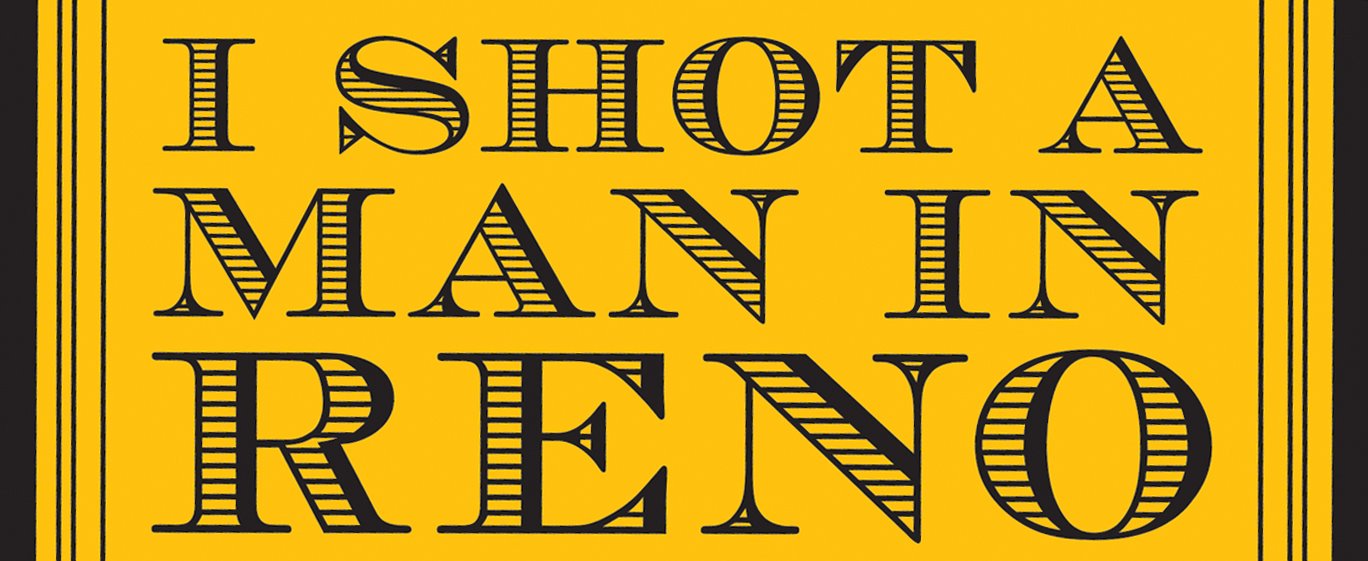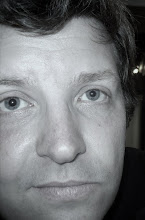 I naturally spend a little time in Reno looking at emo, first as the source of the latest in a long lineage of great teenage sob songs stretching back to Teen Angel, and then going on to consider whether all artists playing all kinds of music have certain responsibilties toward their audience – here I drop in on emo, metal, rock and rap, as well as Will Oldham rather vehemently calling the late Townes Van Zandt a "prick." Why? You'll have to read the book. I also cast an eye over those bizarre US court cases in the eighties and nineties involving Judas Priest, Ozzy Osbourne and a few families who couldn’t quite face up to where the blame really lay in respect of their kids' terribly sad deaths.
I naturally spend a little time in Reno looking at emo, first as the source of the latest in a long lineage of great teenage sob songs stretching back to Teen Angel, and then going on to consider whether all artists playing all kinds of music have certain responsibilties toward their audience – here I drop in on emo, metal, rock and rap, as well as Will Oldham rather vehemently calling the late Townes Van Zandt a "prick." Why? You'll have to read the book. I also cast an eye over those bizarre US court cases in the eighties and nineties involving Judas Priest, Ozzy Osbourne and a few families who couldn’t quite face up to where the blame really lay in respect of their kids' terribly sad deaths.This is all very prescient because of the recent coverage of the death of Hannah Bond, a 13-year-old girl from Kent, England, who killed herself after becoming, and I quote this advisedly, "a devotee of emo," and indulging in self-harm. There followed – quite a while later - a statement from Bond's favourite band My Chemical Romance, the dark overlords of emo, which read:
"We have recently learned of the suicide and tragic loss of Hannah Bond. We’d like to send our condolences to her family during this time of mourning. Our hearts and thoughts are with them. My Chemical Romance are and always have been vocally anti-violence and anti-suicide. As a band, we have always made it one of our missions through our actions to provide comfort, support, and solace to our fans.
The message and theme of our album The Black Parade is hope and courage. Our lyrics are about finding the strength to keep living through pain and hard times. The last song on our album states: ‘I am not afraid to keep on living’ – a sentiment that embodies the band’s position on hardships we all face as human beings. If you or anyone that you know have feelings of depression or suicide, we urge you to find your way and your voice to deal with these feelings positively."
This was swiftly followed by a – pretty lame, but dedicated - protest by a few emo kids against the Daily Mail, the British newspaper most doggedly devoted to scaremongering about The Cult of Emo.
Now, emo really doesn't do it for me - I'm a good two decades outside the demographic for starters; in fact, I'm about the same age as most emo band members - but I can certainly see where it's coming from. It's very much part of a long line of teen-friendly musical miserabilism, and as far as I'm aware nothing it has come up with to date has been as luxuriously black-hearted as, say, the Cure's Pornography, the Mt. Everest of junior-existentialist gloom.
Anyone who takes the time to look back a little further than the length of their own shadow will recognise that a weighty majority of teenagers have always relished immersing themselves in a little heroic nihilism; it's part and parcel of growing up - the internet has simply shone a harsher spotlight on what they're all getting up to these days. But does anyone beyond the more sensationalist of our news rags seriously believe that emo can be blamed for the tragic loss of a young life?




2 comments:
Interesting points. However, one of the most fascinating things about the cases of Hannah Bond, the assaults against emo fans in Mexico, and the so called "cult" of emo is the fact that everyone seems to approach emo as an entirely new phenomenon. In fact, emo has been a thriving sub-genre of punk for over two decades, and has only hit mainstream audiences at the turn of the century. What's even more startling about this entire idea of a "cult of emo" is the short-attention span with which the media portray the genre/culture. History is barely brought up, although I wouldn't expect that to happen at all; more to the point recent history isn't even touched to begin with. Just a handful of years ago, Dashboard Confessional was the poster boy of emo, not the 60s-inspired grandiose noise of My Chemical Romance. The fact that this is a growing, moving form of music and culture much like Rock itself should warrant to the idea that no such supposed ideology calls for individuals to throw themselves into self loathing: there's two-plus decades of creativity that says otherwise. What's funny is that history is against the idea that emo is a fetish of self-mutilation - even currently, those acts tied into that idea completely dismiss it.
Good points.
What's interesting to me is that almost everyone in the media equates emo with Goth, when it is clearly has its roots in the US hardcore movement of the early
80s.
But surely the central point is this: no matter what you choose to call it - and most 'emos' won't admit to being emos - the historical tradition of teen music of all stripes - from Johnny Ray to metal, punk, Goth and hardcore - talking about death, suicide, angst and unhappiness is a long and legitimate one.
Why does emo attract quite so much vitriol? Because it's the media rather than the underlying impulse of the music that has changed - and I think the internet is central to that.
Post a Comment